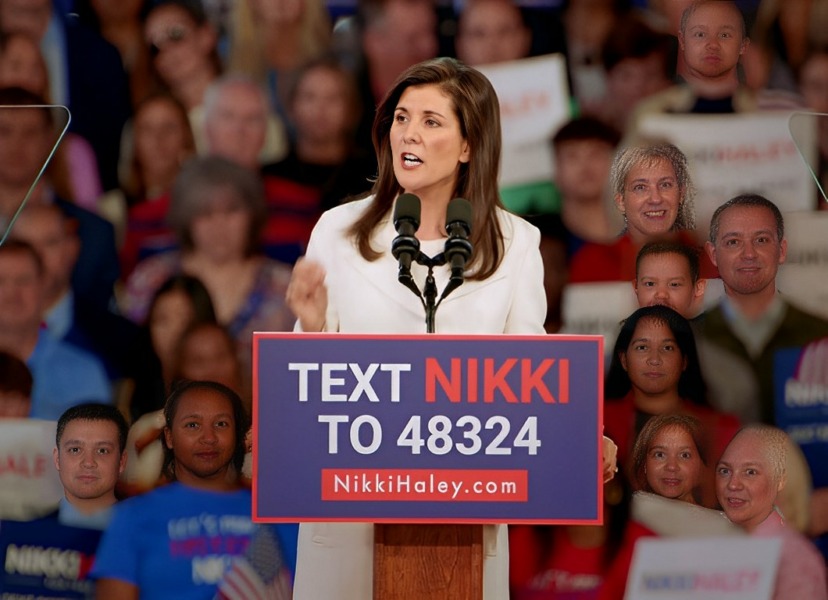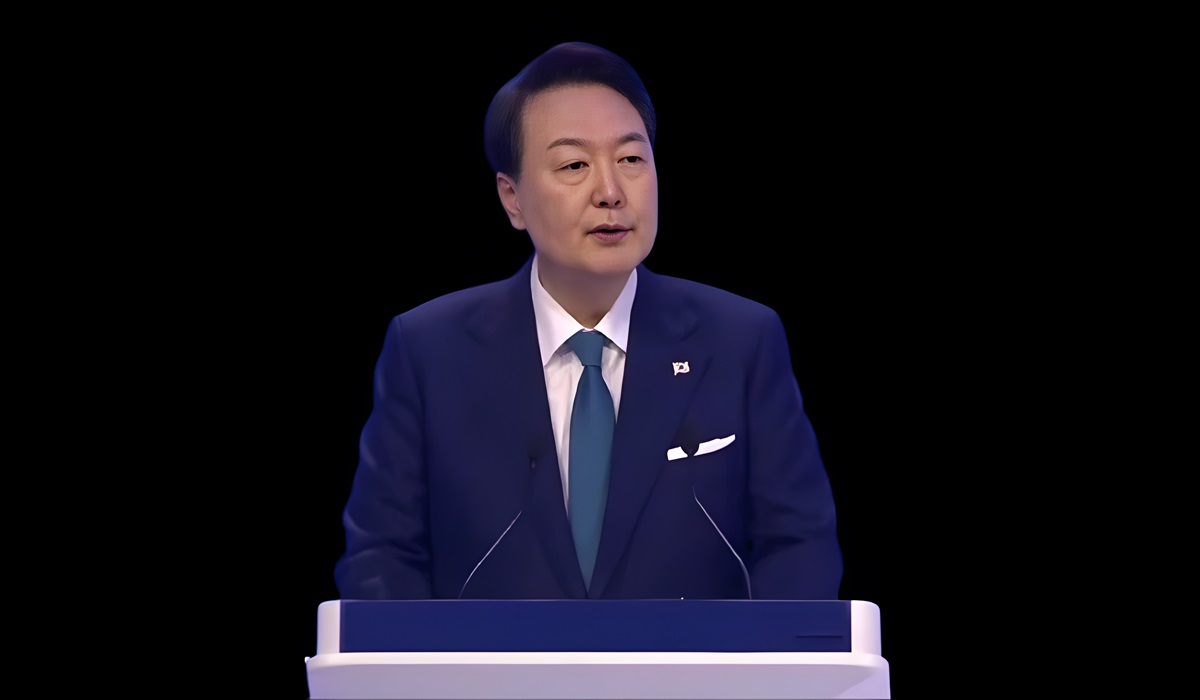The Price of Political Missteps: Assessing Nikki Haley’s Failure To Understand Basic Economics 101
- TDS News
- Breaking News
- U.S.A
- August 5, 2023

Haley’s comments on US companies cutting ties with China would have a disastrous effect on American corporations and their workforce.
As Nikki Haley, a presidential candidate vying for the GOP nomination, continues to make disturbing comments about severing ties with China if elected, it’s essential to analyze her assertions critically. While it is common for politicians to resort to hyperbole and wedge politics, Haley’s statements seem to lack civility and understanding of the basics of economics, raising concerns about her approach and qualifications to aspire to the highest office.
Haley’s proposition of severing ties with China ignores the two countries’ intricate economic and geopolitical relationship. Both America and China benefit from their trade and manufacturing partnerships. Haley’s assertion that American manufacturers moving to China have been a disservice to the country oversimplifies a complex economic reality. Companies relocate to China and other countries due to cost advantages facilitated by a capitalistic belief in maximizing profits for shareholders. The US must address domestic infrastructure and incentive issues to compete with the allure of lower production costs overseas.
China has emerged as a global manufacturing powerhouse, rivalling the US in many aspects. As China’s economic might grows, the US’s dependency on its goods and trade partnerships increases. While the rhetoric of not needing China may resonate with some, it fails to recognize the current intricate web of economic interdependence.
Nikki Haley’s failure to recognize the global shift in trade dynamics between China and other countries is a concerning oversight. As China seeks to diversify its sources of imports and reduce dependency on certain US goods, such as corn, it is turning to other suppliers like Brazil. This strategic move will significantly impact US exporters, given the substantial percentage of corn that previously came from the United States.
Additionally, Haley seems to overlook the burgeoning mutually beneficial relationships China is fostering with African nations, India, the Middle East and the Gulf States. These developments challenge the notion that China needs the US as much as the US needs China, raising questions about the accuracy and honesty of Haley’s statements to the American people, further calling into question her awareness of these evolving global trade dynamics.
Then there is the Belt and Road Initiative, often called the modern-day Silk Road; China’s ambitious strategy is to further connect Asia, Europe, and Africa to the world’s global economy. With over 155 countries and 32 international organizations signed up for the initiative, it has become a force to be reckoned with in international trade and development. By investing in railways, ports, energy pipelines, and telecommunications networks, China seeks to improve trade routes and boost economic growth for participating countries. Despite its enormous potential, the US has chosen not to join the BRI. This decision is a significant detriment to American trade, companies, and the nation’s global standing. By abstaining from this initiative, the US misses the opportunity to strengthen ties with numerous countries and access new markets, which could have far-reaching consequences in the long run.
Nikki Haley’s call for US companies to have a “Plan B” and prepare to sever ties with China is concerning, as it rests on fear-mongering rather than a rational economic strategy. Encouraging businesses to act out of fear of a future presidential decision creates uncertainty and disruption, undermining the stability she claims to support.
Such fear-driven policies are counterproductive and illogical. If every nation were to act on such fears, international trade and cooperation would be significantly hampered, leading to a less interconnected and prosperous world. Diplomacy and measured policy-making must precede reactionary decisions based on worst-case scenarios.
Moreover, Haley’s comments paint China as the biggest threat to America since Pearl Harbor is irresponsible and dangerous. Historical comparisons to tragic events like Pearl Harbor and the 9/11 attacks only stoke fear and animosity rather than fostering productive dialogue and cooperation. Addressing legitimate concerns regarding China’s actions is crucial while avoiding alarmist rhetoric.
Aspiring presidential candidates must demonstrate a grasp of diplomacy and constructive dialogue. While disagreements are natural, pursuing hard-line policies that alienate trading partners will harm the American people and the nation’s economic prosperity.
The media musk ask tough questions of Nikki Haley and critically assess the policy proposals she is making that will impact the American people and the nation’s place in the global arena. As the GOP nomination race unfolds, it is imperative for voters to carefully evaluate the stances of candidates and their potential consequences for the nation’s prosperity and global standing.








